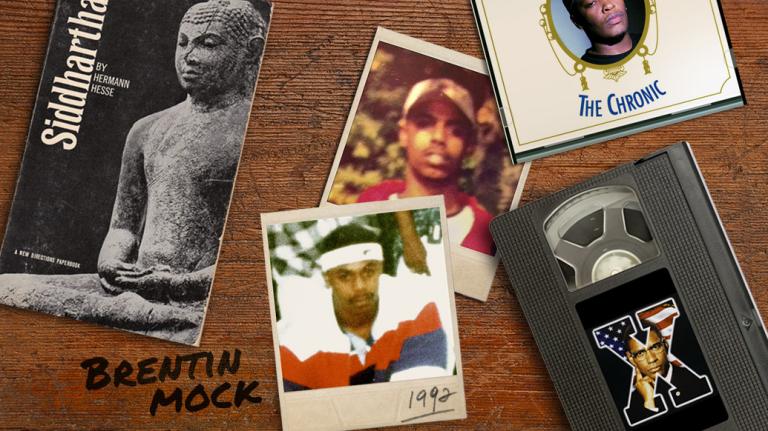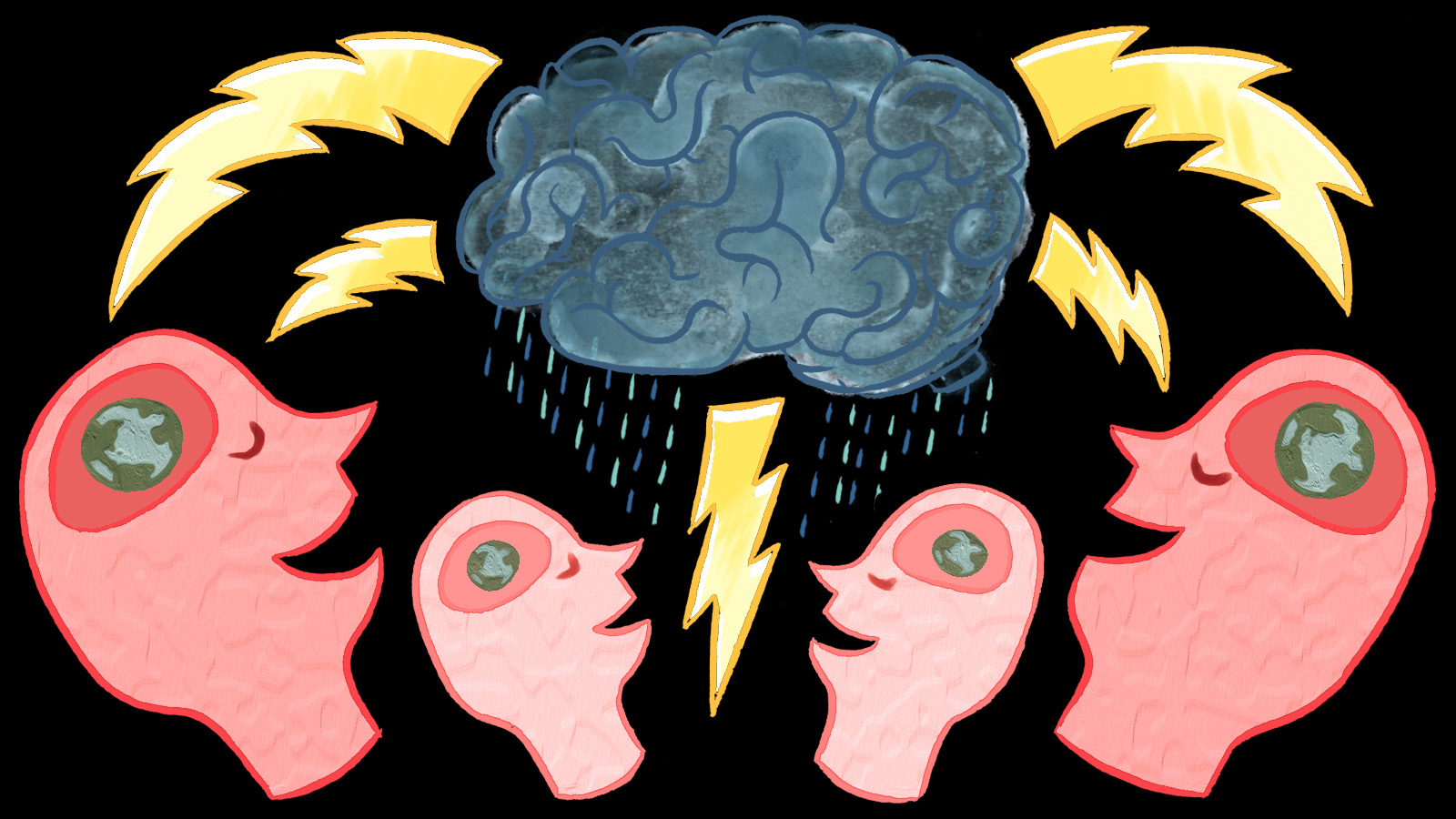This is the first post in a series on how collective intelligence can make the world a better place. Read the whole collection here.
When it comes to climate change, there’s a lot of room for feeling glum. Not only is it a massive problem, it’s hard to understand – and even harder to know what to do about it.
“But there’s also at least one reason for optimism,” says Thomas Malone, a professor in organization behavior at MIT: “Now it’s possible to address really big, hard, complicated problems by harnessing the collective intelligence of thousands of people, at a scale and with a degree of collaboration that was never possible before.”
OK, “collective intelligence” sounds fancy – but what is it? Wikipedia it. No, seriously, search Wikipedia and not only will you find collective intelligence defined as “shared or group intelligence that emerges from the collaboration, collective efforts, and competition of many individuals,” but you’ll tap into collective intelligence just by reading that page. Just think: Who created that entry? In a way, by being Wikipedia users, we did!
How does that relate to climate change? Let’s say you want to save the planet – but it’s been a long day and, hey, you don’t really want to get off the couch. And let’s be real, even if you have the motivation to do your part, where would you start? Slap some solar panels on your roof? Fight for climate-friendly policy changes? Better to leave it to the experts, right?
Now think about it from the other side for a minute: You’re a scientist who is dedicated to researching climate change, an engineer trying to promote clean energy, a politician trying to craft a good bill. But, hey, you could use a little help – especially when the questions are so complicated that you need to collect A LOT of information, and when funding is scarce and legislation is difficult or impossible to pass.
So one side wants to participate but doesn’t know how – or maybe does have ideas, but no outlet for them. The other side has a lot of knowledge, but lacks people power, money, or time. Looks like there might be some room for collaboration! Now that we’re living in the era of collective intelligence, there are more and more ways to connect the convoluted dots that make up climate change by tying the experts to the rest of us, with all our pooled wisdom and manpower.
New technologies are enabling crowdsourcing, distributed computing, and citizen science — techniques that could fundamentally change how we solve the questions of, and take action against, the host of environmental problems that we face today. Over the next few weeks I’ll be exploring examples of projects, ranging from data collection to data processing to figuring out what we should do next, that harness collective intelligence and can help us all take ownership over the fate of our planet.
After all, when it comes to climate change, each and every one of us is part of the problem – and each of us will also be affected in some way. Won’t each of us also need to be part of the solution?




